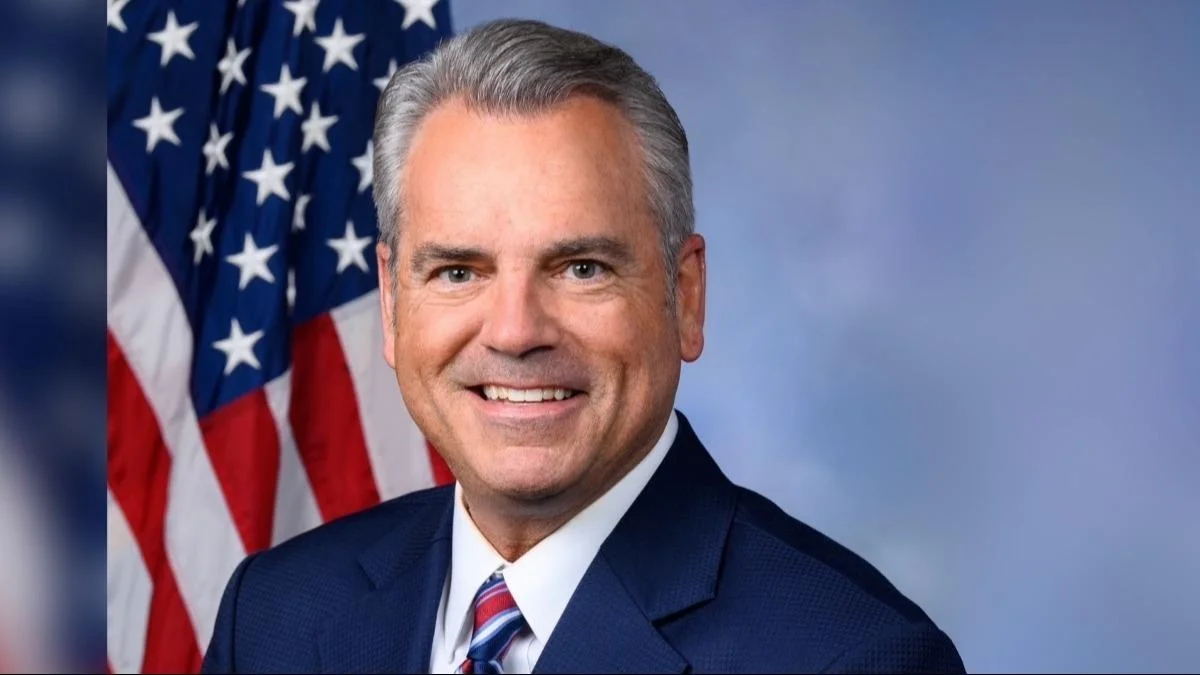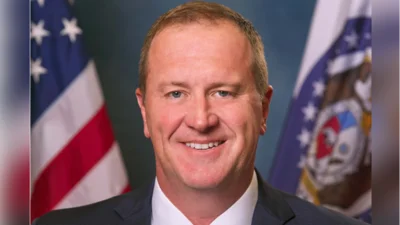Rep. Mark Alford, U.S. Representative for Missouri's 4th District | Congressman Mark Alford Official website
Rep. Mark Alford, U.S. Representative for Missouri's 4th District | Congressman Mark Alford Official website
Today, Congressman Mark Alford of Missouri's 4th District responded positively to the U.S. Department of Agriculture's (USDA) reorganization plan. The plan includes establishing Kansas City, Missouri as a new hub for USDA staffing and services.
"We applaud Agriculture Secretary Rollins bold reorganization plan, which will bring the USDA closer to the farmers and ranchers it serves," stated Congressman Alford. "With more than 87,000 farms, Missouri is an excellent choice as a new hub for agency staff and services. With costly deferred maintenance and low occupancy rates, the USDA’s headquarters and other offices in the DC area have become an onerous burden on American taxpayers. Our office has long advocated for decentralizing federal agencies from the USDA to the Small Business Administration. The Kansas City Metro Area is proud to welcome the Agriculture Department."
Alford has been advocating for decentralizing federal agencies, including USDA. He was part of the Agriculture Committee in the 118th Congress where he supported this initiative. Currently, as a member of the Appropriations Committee, he oversees the USDA's budget.
The USDA provided additional background information about its current workforce distribution. Approximately 4,600 employees are stationed within the National Capital Region (NCR), which has high living costs with a federal salary locality rate of 33.94%. The department took into account existing concentrations of its employees and cost of living when selecting hub locations.
Despite these changes, Washington D.C. will continue to host functions for every mission area of USDA post-reorganization, but only around 2,000 employees are expected to remain in NCR.
As part of this reorganization effort, several buildings will be vacated and returned to General Services Administration or revisited for utilization: South Building, Braddock Place, Beltsville Agricultural Research Center, Whitten Building, Yates Building, National Agricultural Library and George Washington Carver Center.
These buildings currently face significant deferred maintenance issues; for instance South Building alone requires $1.3 billion worth repairs while hosting less than one-third capacity daily occupants at present time.






 Alerts Sign-up
Alerts Sign-up